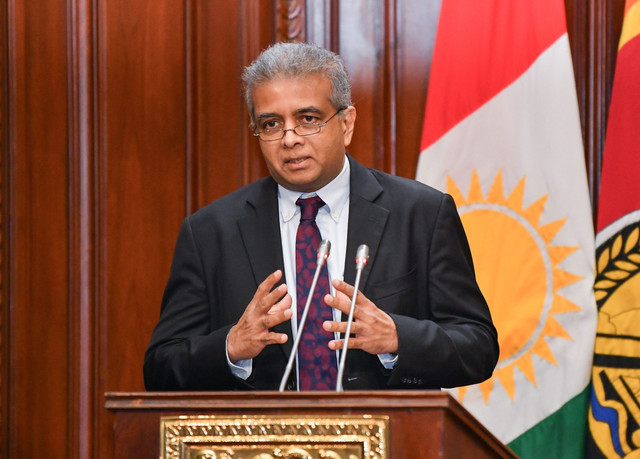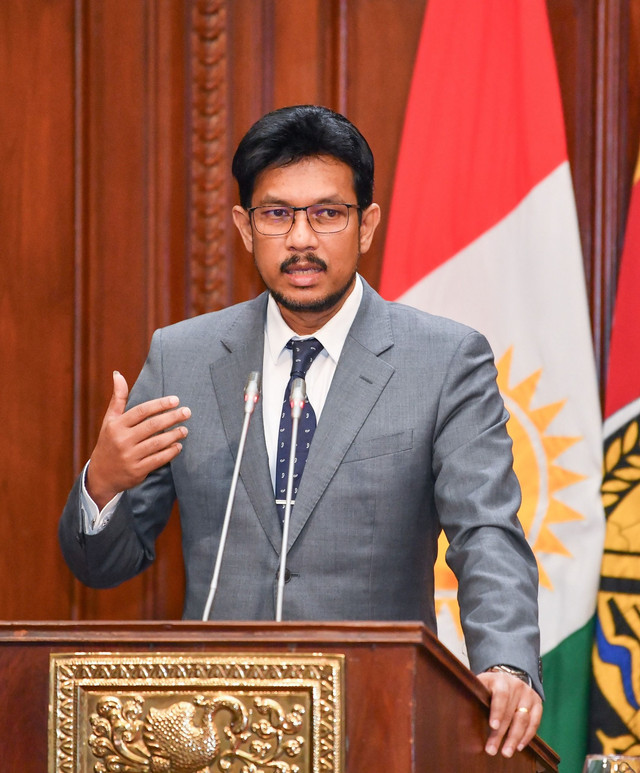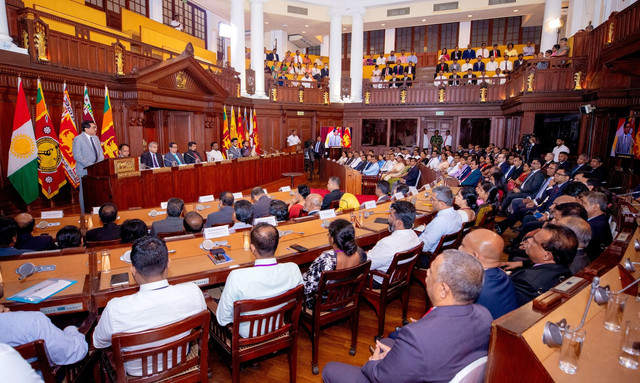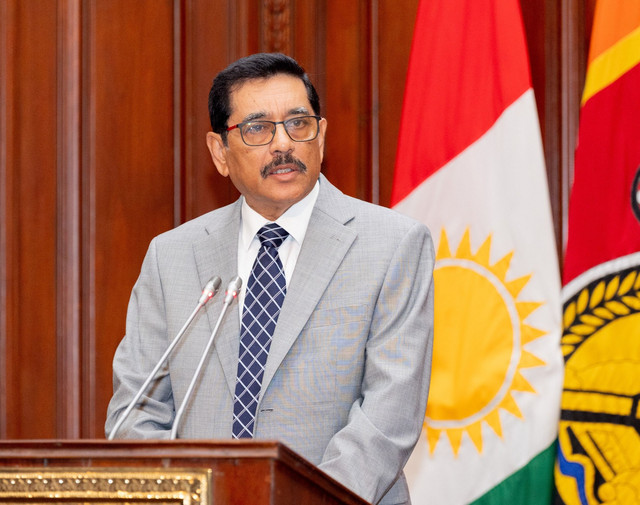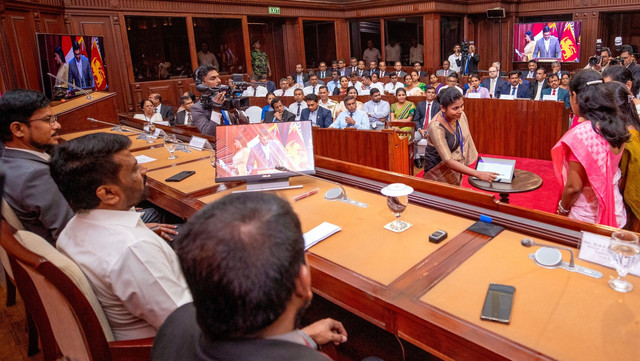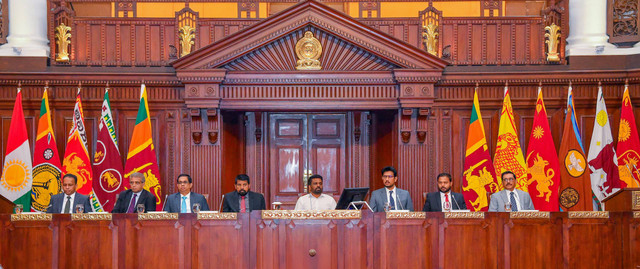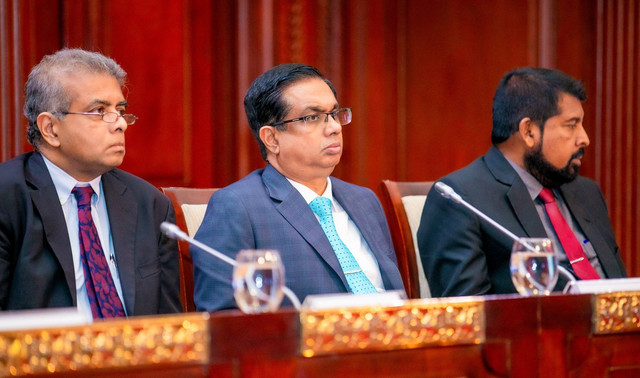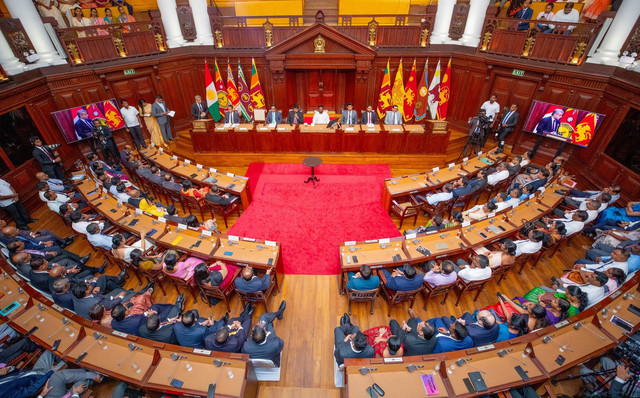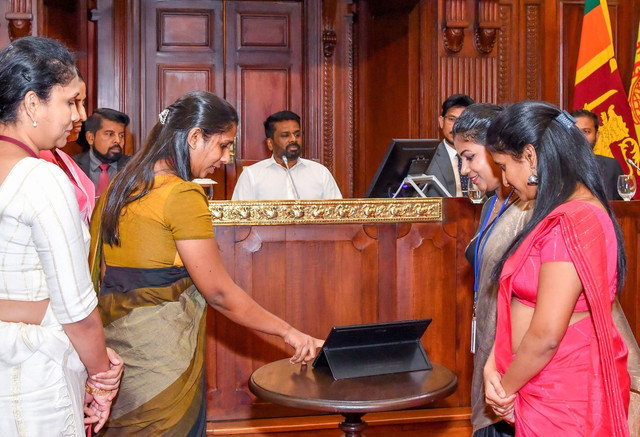Sri Lanka took a major step towards digital transformation today (07) with the official launch of three key initiatives at the Presidential Secretariat, under the patronage of President Anura Kumara Dissanayake, as reported by Daily News.
The initiatives include:
• GovPay – A government digital payment platform
• Decentralisation of the President’s Fund – Expanding its services to Divisional Secretariats
• eBMD System – Enabling Sri Lankans abroad to obtain birth, marriage, and death certificates via embassies
This project is a collaborative effort between the Ministry of Digital Economy, the Information and Communication Technology Agency (ICTA), and LankaPay, with the Central Bank of Sri Lanka ensuring the security of the payment platform and fostering public trust in its operations.
GovPay: Transforming Government Payments
The GovPay platform initially enables payments for services at 16 government institutions. By April, an additional 30 institutions are set to be integrated, with plans to eventually unify all government services under this system. Currently, 12 state and private banks have already joined the platform.
Expanding the President’s Fund for Greater Accessibility
President Dissanayake noted that the President’s Fund has long been Colombo-centric, making access difficult for rural citizens. With its decentralisation to Divisional Secretariats, people across the country can now apply for financial assistance online, ensuring greater convenience and efficiency.
eBMD: Empowering Expatriates with Digital Services
The newly launched eBMD system enables Sri Lankans living abroad to obtain certified copies of birth, marriage, and death certificates through their embassies. The first successful transaction was completed by a Sri Lankan resident in South Korea, demonstrating the system’s effectiveness.
President Dissanayake’s Vision for a Digital Sri Lanka
Addressing the gathering, President Anura Kumara Dissanayake emphasised the transformative role of technology in delivering efficient, high-quality, and cost-effective public services. He pointed out that while technological advancements have driven global progress, policy delays have hindered Sri Lanka’s economic growth and public welfare.
He further highlighted the importance of digitalisation in bridging the urban-rural divide, making services more accessible to all citizens. He also linked technological progress to the revival of Sri Lanka’s cultural identity, underscoring the need to balance modernisation with tradition.
A major milestone in this journey is the Digital National Identity Card (Digital ID), which will streamline identity verification and public services. The President stressed the urgency of these reforms, highlighting transparency, efficiency, and accessibility as key priorities.
Building a Strong Digital Economy
Dr. Hans Wijayasuriya, Senior Advisor to the President on Digitalisation and Chairman of ICTA, stated that Sri Lanka already possesses 75% of the necessary skills to build a robust digital economy. However, he emphasised the need to bridge the remaining gaps, with a target of completing the transition within three years.
A Landmark Moment for Sri Lanka’s Digital Future
With these initiatives, Sri Lanka is making a significant leap towards a fully digital government, ensuring seamless access to services for both local citizens and expatriates.
The event was attended by Minister of Public Administration, Provincial Councils, and Local Government Chandana Abeyratne, Deputy Minister of Digital Economy Eranga Weeraratne, Secretary to the President Dr. Nandika Sanath Kumanayake, Governor of the Central Bank Dr. Nandalal Weerasinghe, and Secretary of the President’s Fund & Senior Additional Secretary to the President Roshan Gamage, along with several other senior officials and dignitaries.
These efforts mark a new era in Sri Lanka’s governance, making public services more efficient, inclusive, and globally connected.
